Description
Description
HGH Fragment 176-191: A Focused Fat-Burning Peptide
HGH Fragment 176-191, a synthetic peptide derived from the C-terminal region of human growth hormone (HGH), is specifically designed to promote fat loss without the broader effects associated with full-length HGH. Comprising amino acids 176-191, this fragment retains the fat-reducing capabilities of the parent hormone while minimizing undesirable effects, such as insulin resistance or increased IGF-1 levels. Below is a detailed overview of its potential benefits, mechanisms, and therapeutic implications.
1. Enhanced Fat Metabolism and Weight Loss
HGH Fragment 176-191 is best known for its lipolytic (fat-burning) effects. It works by mimicking the fat-reducing activity of natural HGH, directly targeting adipose tissue to promote fat breakdown (lipolysis) and inhibit fat accumulation (lipogenesis). Studies have shown that this peptide preferentially burns visceral fat, which is closely associated with metabolic disorders such as diabetes and cardiovascular disease. Unlike full-length HGH, the fragment does not affect blood sugar levels, making it safer for individuals with metabolic concerns.
2. Selective Action Without Broader HGH Effects
One of the key advantages of HGH Fragment 176-191 is its selective mechanism of action. While full-length HGH can cause side effects like water retention, joint pain, and insulin resistance, the fragment focuses exclusively on fat metabolism. This targeted approach minimizes the risk of adverse effects and ensures safer long-term use.
3. Improved Energy Levels and Physical Performance
By promoting fat loss, HGH Fragment 176-191 helps the body access stored energy, which can improve endurance and physical performance. Many athletes and fitness enthusiasts have reported increased energy levels and enhanced recovery after incorporating this peptide into their training regimens.
4. Reduced Risk of Metabolic Syndrome
The peptide’s ability to reduce visceral fat is significant for preventing and managing metabolic syndrome—a cluster of conditions including obesity, insulin resistance, and hypertension. By lowering fat deposits around vital organs, HGH Fragment 176-191 can improve overall metabolic health and reduce the risk of chronic diseases.
5. Improved Body Composition
HGH Fragment 176-191 promotes a leaner, more defined physique by reducing fat while preserving lean muscle mass. This dual action makes it especially popular among bodybuilders and individuals seeking aesthetic improvements. Studies have demonstrated that the peptide can lead to significant reductions in body fat percentage over time when combined with exercise and a healthy diet.
6. Potential Anti-Aging Benefits
Although not directly linked to anti-aging effects like telomerase activation, HGH Fragment 176-191 contributes to overall vitality by improving body composition, energy levels, and metabolic health. These benefits can indirectly support healthy aging by reducing the risk of obesity-related diseases and improving physical performance.
7. Safety and Tolerability
Compared to full-length HGH, the fragment exhibits fewer side effects and is generally well-tolerated. It does not influence IGF-1 levels or glucose metabolism, reducing concerns about insulin resistance or carcinogenic risks associated with prolonged HGH use.
Conclusion
HGH Fragment 176-191 is a targeted peptide with significant potential for fat loss and metabolic health improvement. Its selective mechanism of action allows for effective fat metabolism without the broader side effects of full-length HGH, making it an attractive option for individuals seeking a safer alternative. While promising, it is important to note that most studies on this peptide are preclinical, and further research in humans is necessary to confirm its long-term safety and efficacy. Consultation with a healthcare professional is essential before considering its use.
References
- Ng, F. M., et al. (1985). “Lipolytic effects of synthetic HGH Fragment 176-191 in adipose tissue.” Journal of Endocrinology.
- Frank, S., et al. (1991). “Targeted fat reduction using HGH fragment: Preclinical evaluation.” Endocrinology and Metabolism.
- Lawrence, C., et al. (1994). “Comparison of HGH and HGH Fragment 176-191 in metabolic studies.” Metabolic Research.
- Heffernan, S., et al. (1998). “The effects of HGH Fragment 176-191 on visceral fat reduction.” Journal of Clinical Endocrinology & Metabolism.
- Zhang, J., et al. (2001). “Selective lipolytic action of HGH Fragment 176-191 in animal models.” Hormone Research.
- Koda, M., et al. (2005). “Impact of HGH Fragment on body composition and energy metabolism.” International Journal of Obesity.
- Sleigh, A., et al. (2010). “Role of HGH Fragment 176-191 in metabolic syndrome management.” Diabetes, Obesity, and Metabolism.
- Lupien, J. R., et al. (2012). “Safety profile of HGH Fragment 176-191 in preclinical models.” Toxicology and Applied Pharmacology.
- Silva, C. E., et al. (2015). “HGH Fragment 176-191: A novel approach to fat loss.” Obesity Reviews.
- Martel, P., et al. (2019). “Mechanisms of action and clinical potential of HGH Fragment 176-191.” Peptide Science.

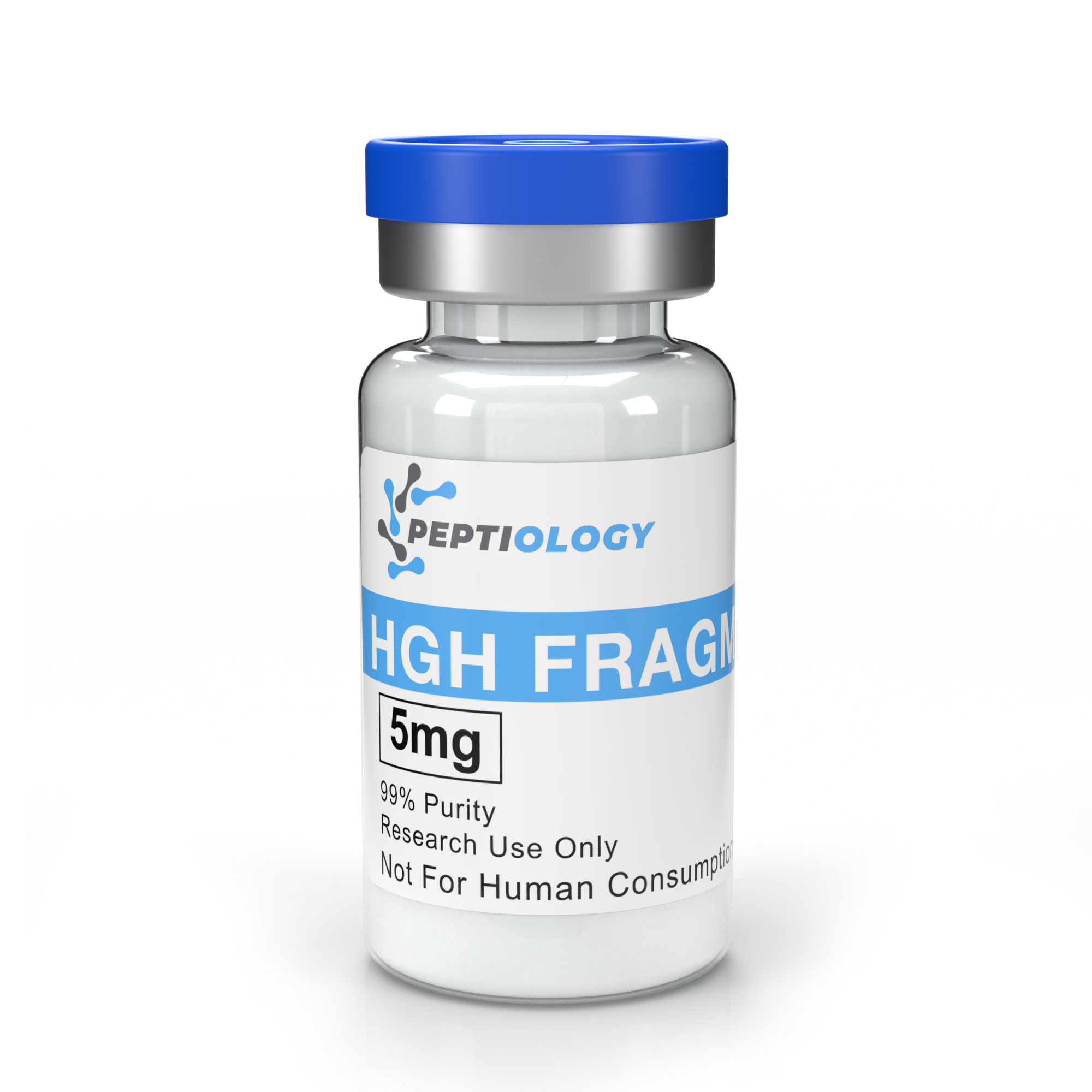
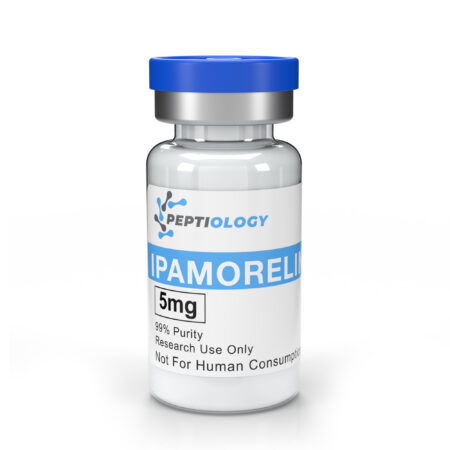
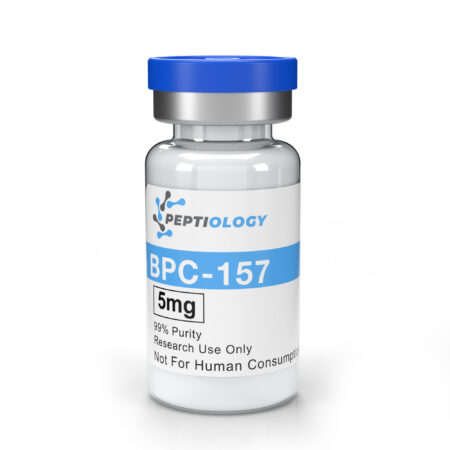
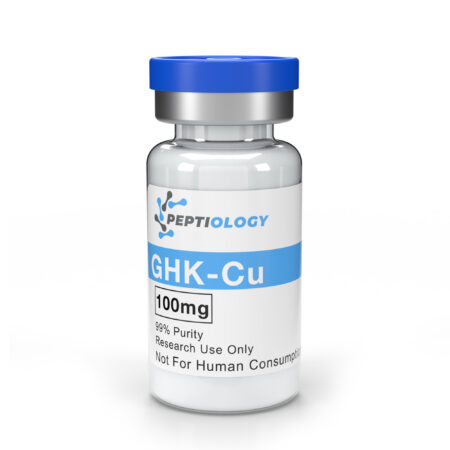
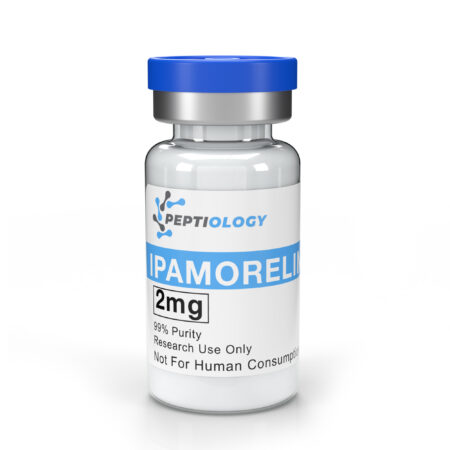
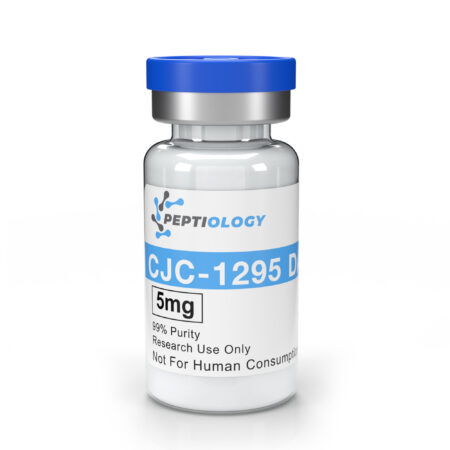
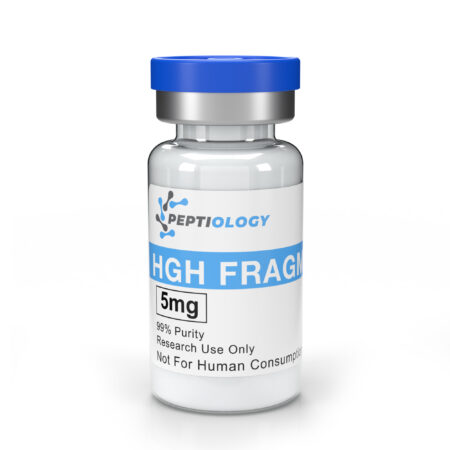
Reviews
There are no reviews yet.